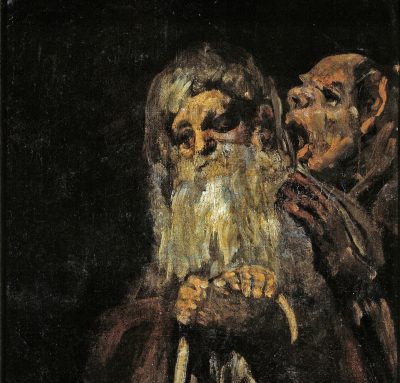Professor Stuart J. Murray has just published “COVID-19: Crisis, Critique, and the Limits of What We Can Hear.” Appearing in an online collection alongside other Canadian scholars working in the field of biopolitics, it is a rapid-response essay written at beginning of the pandemic. The purpose of this collection was to offer critical perspectives on the COVID-19 pandemic through a biopolitical lens. What is biopolitics? As Murray writes, biopolitics is “both the medicalization of politics and the politicization of medicine.” Biopolitics is a form of governmental power—a power that, he argues, has become part of our common-sense understanding of ourselves, what it means to be alive, as well as our moral obligations to others in the world. At a time when we are glued to our screens receiving frequent updates from political leaders and public health authorities, Murray calls for a critical perspective not just on what is said, but what is unsayable, or, from the receiving end, what can and cannot be heard right now. As we quickly interiorize terms such as “social distancing,” “community transmission,” and “flattening the curve,” his use of the unusual term “livingness,” for example, is meant to give pause and encourage us to think critically about the meaning of “life,” what living means for us, both individually and in community. Within a biopolitical regime what is it that cannot quite be heard? It is death. “For life,” he argues, “has no final or definitive meaning outside death, and our relation to death is always the impossible possibility to which all are destined.” If death is unsayable within a biopolitical regime, this might be the moment to break this taboo and to speak about it as one inevitable face of the pandemic.

Francisco Goya, “Dos viejos” (“Two Old Men”)